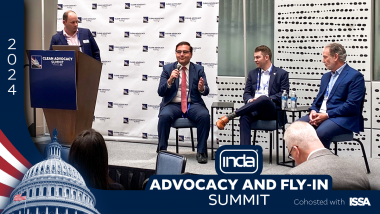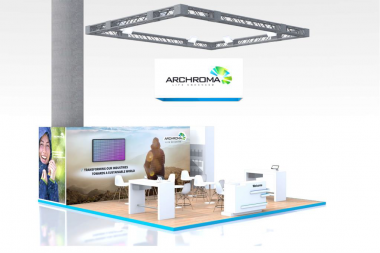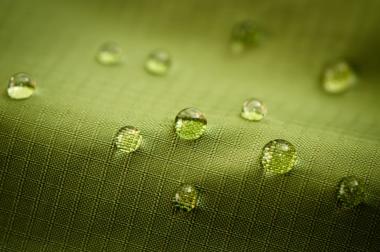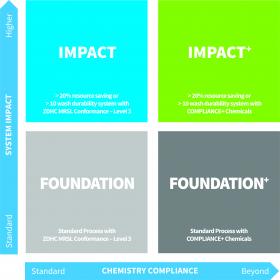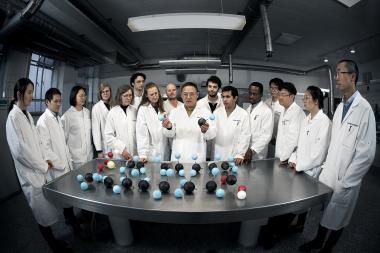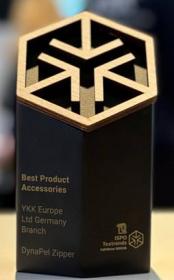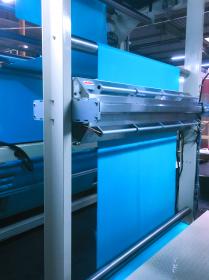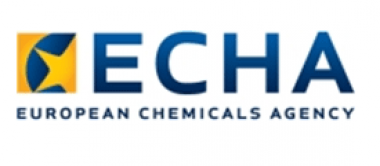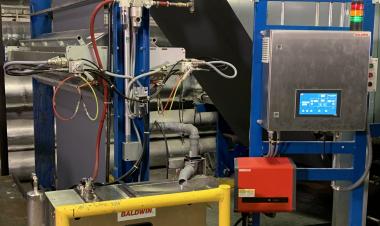Registrations for Hygienix™ 2024 are open
INDA, the Association of the Nonwoven Fabrics Industry, announced that absorbent hygiene professionals can register, sponsor, or reserve a tabletop exhibit for Hygienix™, November 18-21, Nashville, Tennessee. Industry leaders from around the world will gather for four days of networking, presentations, and business opportunities.
The theme for this year’s Hygienix is “Driving Absorbent Hygiene Product Innovation: Consumer Desires, Market Dynamics & Sustainability Solutions.” The event’s focus is on price tiering, shipping and trade impacts, FemTech, period poverty, pet care, adult care innovations, the UN Plastic Treaty and PFAS regulations.
Nominations are being accepted through Sep. 16th for the Hygienix Innovation Award™. Three finalists will be selected to present their absorbent hygiene technologies on Tues., Nov. 19th. The winner of the Award will be announced at the end of the event, Thurs., Nov. 21st.
INDA, the Association of the Nonwoven Fabrics Industry









